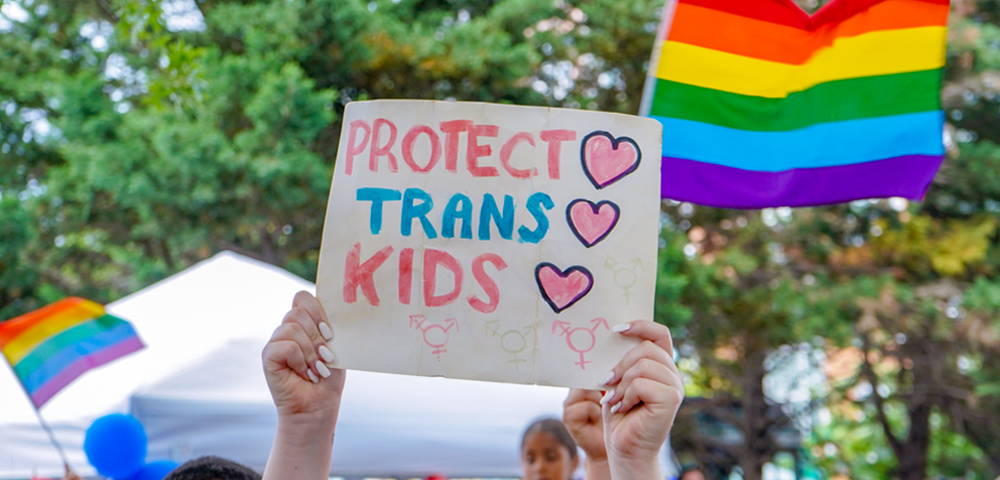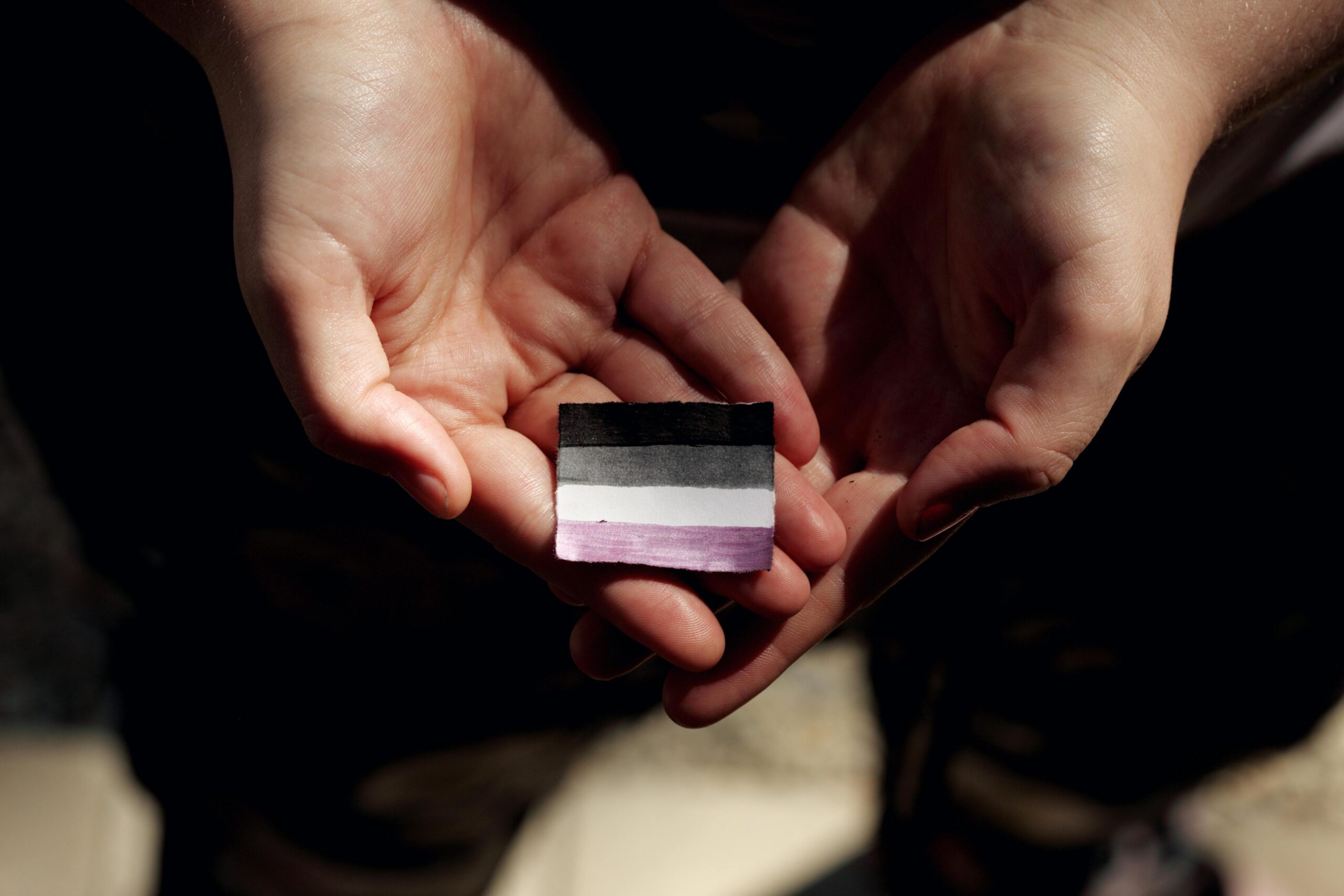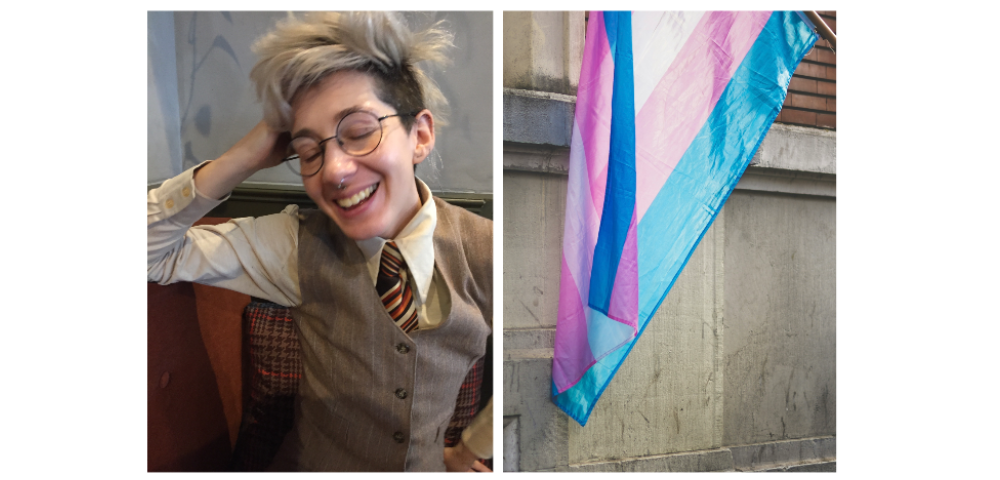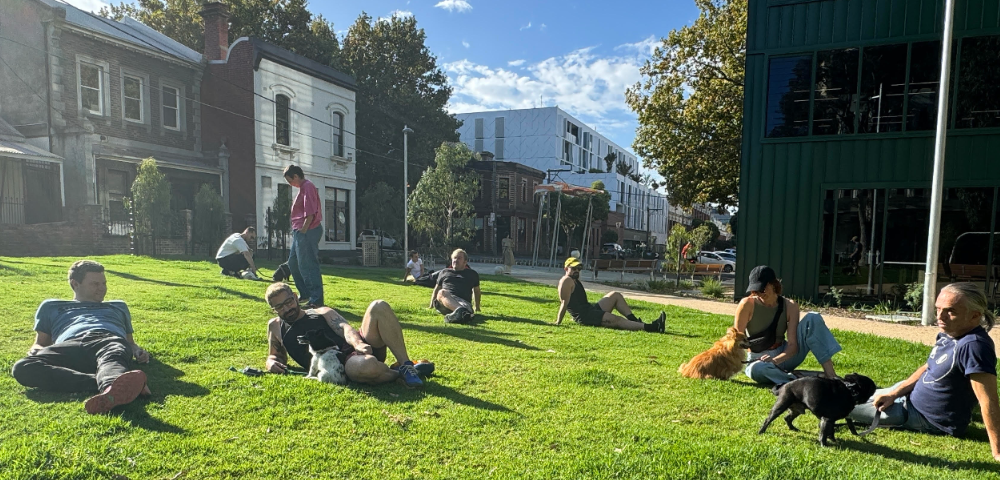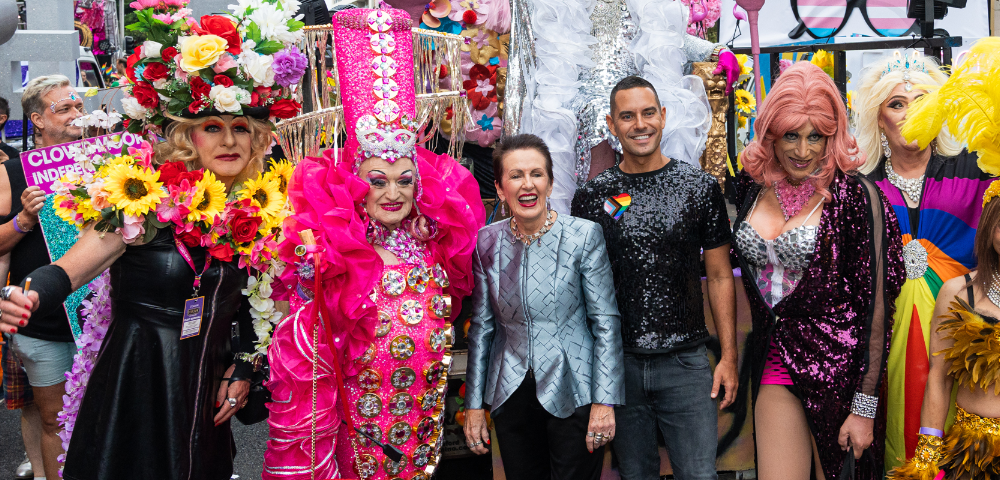
Continuing last week’s theme of words and power, I thought I’d look at a very different perspective on another controversial word: “twink”.
A few weeks ago, gay American television personality Andy Cohen described the teen boy band One Direction as “twinks” in a public but throwaway comment. What followed was a little ridiculous. After a host of rabid One Direction fans complained on Twitter that the term was derogatory, Cohen apologised.
What followed his apology easily surpassed it in ridiculousness. A host of celebrities including sex advice columnist Dan Savage leapt to their keyboards in defence of twink, screaming that Cohen’s capitulation was feeding the queer community’s need to be outraged about everything.
Savage went even further, saying on his podcast he would continue to use words he’s been told are offensive (he cited “faggot”, “dyke” and “tranny”) because people need to stop being so sensitive. In contrast, he said “the n-word” has been justly deemed inappropriate.
I often dislike Dan Savage. I think his work in anti-bullying and marriage equality advocacy is fantastic, but as I wrote last week about “homophobia”, his stance on twink — that it is a harmless word and people should shut up — denies the fact that not only do words change, they mean different things to different people.
Take his evidence in favour of its use carte blanche, he asked the president of LGBTI media watchdog GLAAD if “twink” constituted “hate speech” and was told no. It reminded me of a similar instance on his podcast where, following a complaint, he defended his right to find vaginas disgusting by asking his sister if she minded (she didn’t).
“Is twink offensive?” is a stupid question. But if someone is being hurt, shouldn’t that be an automatic red flag? Shouldn’t that make you want to re-examine your behaviour, even if you don’t decide you need to change it?
Even though I defend people’s right to be offended by words, I’m not saying offence should always lead to censoring. But this isn’t about words, not really, it’s about people. It comes down to my number one rule about causing offence: try not to be an arsehole.




